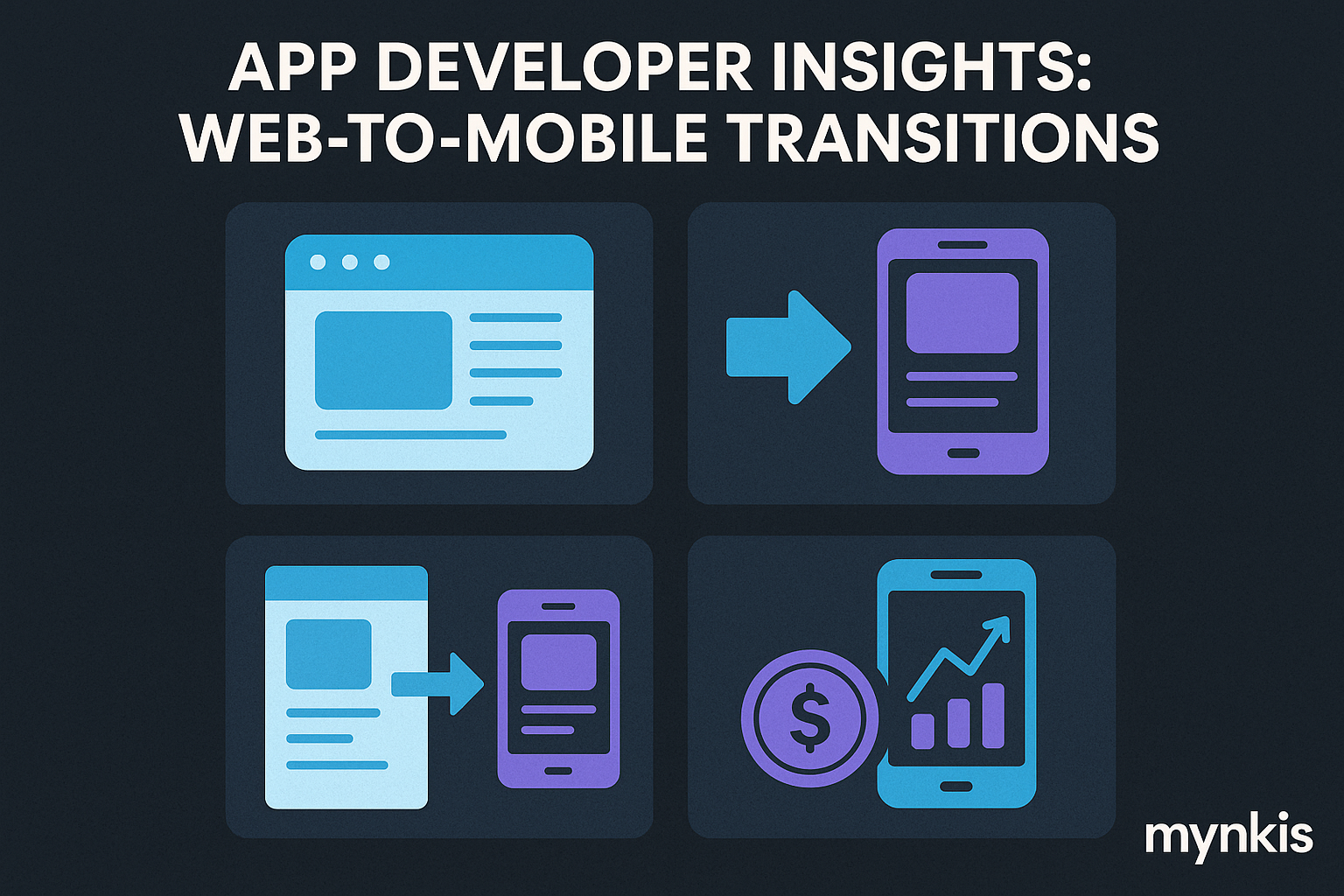Schedule a Demo
Many brokers today recognize the importance of expanding their property listing platform to mobile devices. Mobile isn't just a trend; it's a user behavior that significantly affects SEO rankings, particularly in local queries. When potential buyers or tenants search for properties while on the go, having a robust mobile presence can markedly increase visibility and engagement. At the heart of this digital shift is the expertise of app developers who bring crucial insights into how to effectively transition from web to mobile, tailoring the technology to enhance user interaction while boosting SEO performance for local searches.
In my work with business owners and c-level executives of companies involved in real estate, I've noticed a stark change in user behavior. Desktop users tend to have a leisurely pace, perhaps browsing through listings over coffee. Mobile users, on the other hand, are often on the move, using short, intermittent moments to search for properties. These users have little patience for slow-loading pages or clunky navigation. So, it becomes essential for any property listing platform to not only be optimized for speed but also intuitive in its design, catering directly to these fleeting yet highly valuable engagements.
The journey from web to mobile is technical and often overwhelming for those without a technology background. App developers shine a light on the path forward, leveraging their knowledge to make your website not just mobile-friendly but mobile-first. They optimize for responsive design ensuring your listings load efficiently across devices, but more importantly, they understand mobile app architecture that enhances the user experience, a factor Google uses in ranking algorithms.
SEO is at the core of a property listing's success, especially for enhancing visibility in local queries. As you transition to a mobile platform, app developers advise maintaining URL consistency for both web and mobile to prevent SEO dilution. They ensure that canonical tags are properly set, benefiting mobile search rankings. Based on available research, effective implementation of such strategies can lead to significant improvements in SEO, although individual results may vary based on the initial ranking of the site and the competition within the market.
Implementing AMP technology can also support a quicker, more efficient transition to mobile platforms, which is particularly beneficial for industries with high competition. By reducing page load times, AMP drastically enhances user engagement, an important signal to search engines for local queries. App developers who have witnessed improvements following AMP integration stress how critical it is to tailor this technology to the nature of real estate listings that often include heavy images and complex forms.
Transition to a mobile platform also introduces innovative features like push notifications, a tool your app developers might highly suggest integrating into your property listing solution. Push notifications serve as an effective method to retain user attention and elevate user interaction with real-time alerts on new listings or price changes. According to Salesforce, personalized communication can increase marketing effectiveness significantly, thereby boosting the ROI on your mobile app development.
When transitioning your property listing website, consider these mobile optimization tips:
From my experience discussing project parameters with clients in various industries, I can underline how creating a personalized experience on a mobile device can lead to a higher conversion rate. Tailoring filters and searches to user preferences is crucial in real estate. App developers can help set up mobile user accounts with saving capabilities and notification triggers for preferred criteria, aligning with current strategies from companies like HubSpot that stress personal touchpoints in customer interactions.
Continuous improvement is paramount when rolling out a new app. Encourage your users to provide feedback on the mobile platform to further refine the application, adjusting to meet their needs more effectively. According to the Open University, user feedback can significantly improve product-market fit, keeping your mobile solution aligned with the evolving digital habits of the market.
The landscape of mobile technology is not static but evolves rapidly. Staying ahead necessitates an understanding of upcoming trends and technologies from progressive web apps (PWAs) that offer app-like experiences without installation, to augmented reality (AR) integration that lets users virtually tour properties. Staying informed about technologies similar to Google Duplex for voice-enabled features can keep your real estate listing app one step ahead of competitors.
Brokers striving to remain competitive in real estate through digital channels will find an invaluable partner in app developers focused on the nuances of web-to-mobile transitions. These experts offer bespoke solutions that put mobile users at the forefront, optimizing both custom software development and SEO impact for local listings. Embracing the full range of recommendations mentioned—ranging from intuitive design, to speed optimization techniques, to emerging mobile-first strategies—will anchor your listing platform's evolution into the future of mobile real estate searches.
